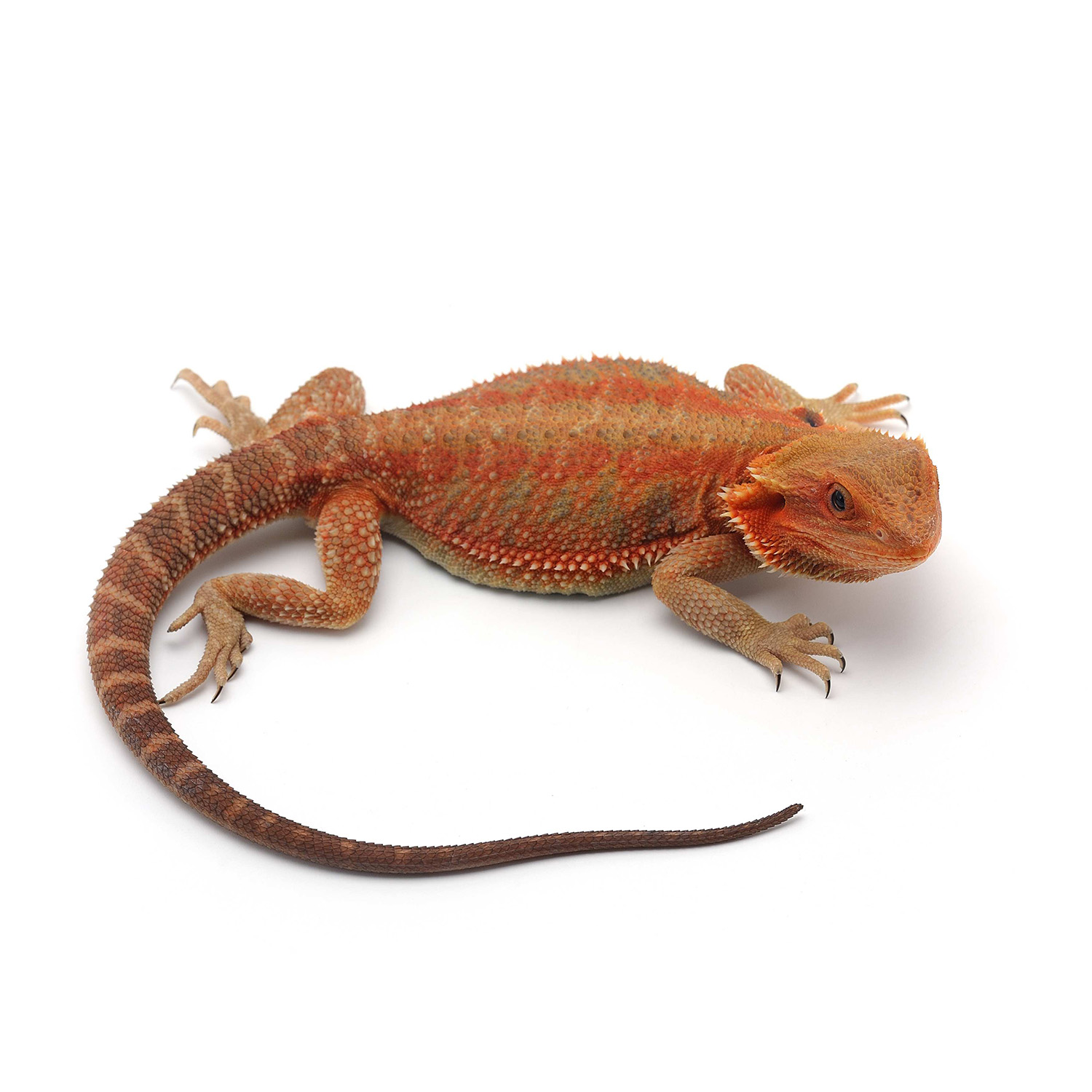10 Tips for Finding the Best Reptiles for Sale
Reptiles have gained popularity as fascinating and unique pets for enthusiasts of all ages. From the striking colors of bearded dragons to the mysterious elegance of ball pythons, reptiles offer a diverse array of choices for potential pet owners. However, before you embark on the journey of bringing a reptile into your home, there are several important factors to consider. Finding the best reptiles for sale requires careful research and consideration to ensure the well-being of both the reptile and its future owner. Here are 10 valuable tips to guide you in your search for the perfect reptilian companion.
1. Research Reptile Species
The first step in finding the right reptile for sale is conducting thorough research on the various species available in the pet trade. Each reptile has unique requirements in terms of habitat, diet, temperature, and handling. Consider factors such as size, lifespan, and activity level to determine which species aligns with your preferences and capabilities.
2. Choose a Reputable Breeder or Seller
Selecting a reputable breeder or seller is crucial to ensuring you acquire a healthy and well-cared-for reptile. Look for breeders who prioritize the welfare of their animals, provide accurate information, and offer transparency about the reptile’s history and care requirements. Reviews, recommendations from experienced reptile owners, and certifications from relevant organizations can help you identify trustworthy sources.
3. Visit the Facility
Whenever possible, visit the facility where the reptiles are kept before making a purchase. A clean and well-maintained environment indicates that the breeder or seller is committed to the animals’ well-being. Observe the living conditions of the reptiles, their enclosures, and their behavior to assess their overall health and the level of care provided.
4. Inspect the Reptile
When inspecting a potential reptile, pay close attention to its physical appearance. Look for signs of good health, such as clear eyes, smooth skin, and a well-defined body shape. Avoid reptiles that exhibit signs of illness, such as lethargy, mucus discharge, or difficulty breathing. A healthy reptile should also be active and alert.
5. Request Health Records
Reputable breeders and sellers will provide you with comprehensive health records for the reptile you’re interested in purchasing. These records should include details about the reptile’s feeding schedule, shedding history, vaccinations (if applicable), and any medical treatments it has received. Reviewing these records helps you better understand the reptile’s past care and potential health issues.
6. Ask About Socialization and Handling
For those seeking a pet that can be handled, inquire about the reptile’s socialization history. Reptiles that have been handled regularly from a young age are more likely to be comfortable with human interaction. If possible, ask the breeder or seller to demonstrate how to properly handle the reptile and provide guidance on ongoing socialization efforts.
7. Consider Enclosure Needs
Different reptile species require specific enclosure setups to thrive. Before purchasing a reptile, ensure you have a suitable enclosure ready, complete with proper lighting, heating, substrate, hiding spots, and other essentials. Adequate enclosure preparation is essential for the reptile’s health and well-being.
8. Research Feeding Requirements
Understanding the dietary needs of your chosen reptile is essential for its long-term care. Research the appropriate diet for the species, including the types of insects, rodents, plants, or other foods it requires. Ensure that you can provide a consistent and balanced diet to meet the reptile’s nutritional needs.
9. Be Prepared for Long-Term Commitment
Reptiles can have long lifespans, and owning one is a significant commitment. Consider the potential lifespan of the species you’re interested in and be prepared to provide care and attention for the entirety of the reptile’s life. Ensure that you have the time, resources, and dedication needed to meet its needs over the long term.
10. Educate Yourself Continuously
Learning about reptile care should be an ongoing process. Stay updated on the latest research, best practices, and advancements in reptile husbandry. Engage with online reptile communities, attend workshops, and consult with experienced reptile owners to continuously improve your knowledge and skills as a reptile caretaker.
In Conclusion:
Finding the best reptiles for sale requires diligence, research, and a genuine commitment to responsible pet ownership. By following these 10 tips, you can make an informed decision that ensures both your well-being and the well-being of your new reptile companion. Remember that each reptile species has its own unique needs, so take the time to understand and meet those requirements to create a healthy and enriching life for your scaly friend.



